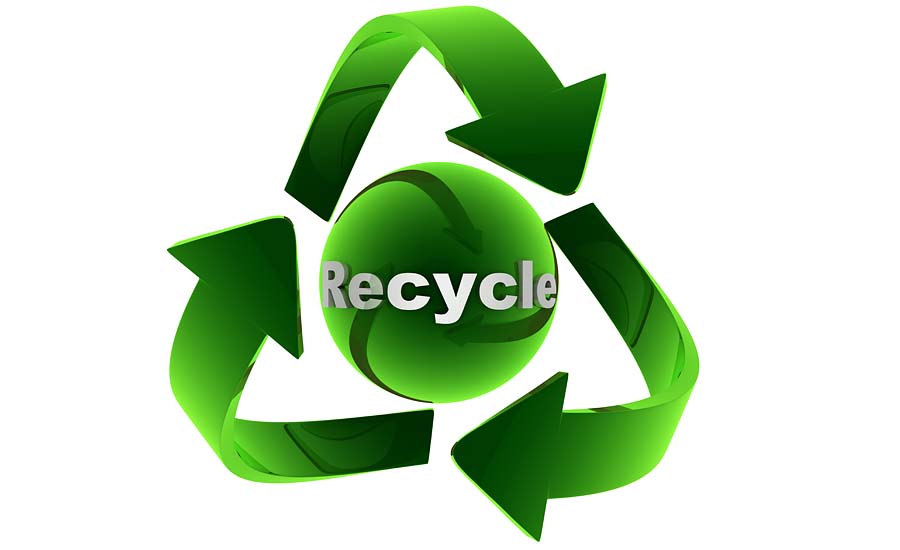Tetra Pak, Vernon Hills, Ill., announced that by 2040, emissions will be down 58% compared to a year ago. Tetra Pak will be working with the Science Based Targets (SBT) initiative, a partnership between CDP (formerly the Carbon Disclosure Project), London; United Nations Global Compact; World Resources Institute (WRI), Washington, D.C.; and World Wildlife Fund (WWF), Switzerland, which helps companies determine how much emissions need to be cut to prevent the worst impacts of climate change.
In doing so, Tetra Pak is said to become the first company in the food packaging industry to have its climate impact reduction targets approved by the SBT initiative.
To achieve these targets, Tetra Pak will focus on:
- Driving energy efficiency, aiming to reduce energy use by a further 12%;
- Purchasing electricity from renewable sources, investing in renewable energy projects and renewable electricity certificate schemes;
- Installing on-site renewable energy systems such as solar panels.
In addition, the company commits to reduce GHG emissions across the value chain by 16% per unit of revenue by 2020 from a 2010 base-year.
“The collaboration with the SBT initiative has helped us accurately define our greenhouse gas emission targets and set a direction for the company in a scientific way,” says Mario Abreu, vice president environment. “The new targets ensure we are able to openly and accurately demonstrate the contribution we are making to a low carbon economy among customers and other stakeholders.”
“The SBT initiative provides a science-based methodology for companies who are serious about incorporating sustainability into their business practice and want to do their part in avoiding the worst impacts from climate change,” adds Cynthia Cummis, director of private sector climate mitigation for WRI. “Tetra Pak is the first packaging company to complete our target review process, and we are very pleased to see them join a growing number of companies that understand the benefits of transitioning towards a low-carbon economy.”











